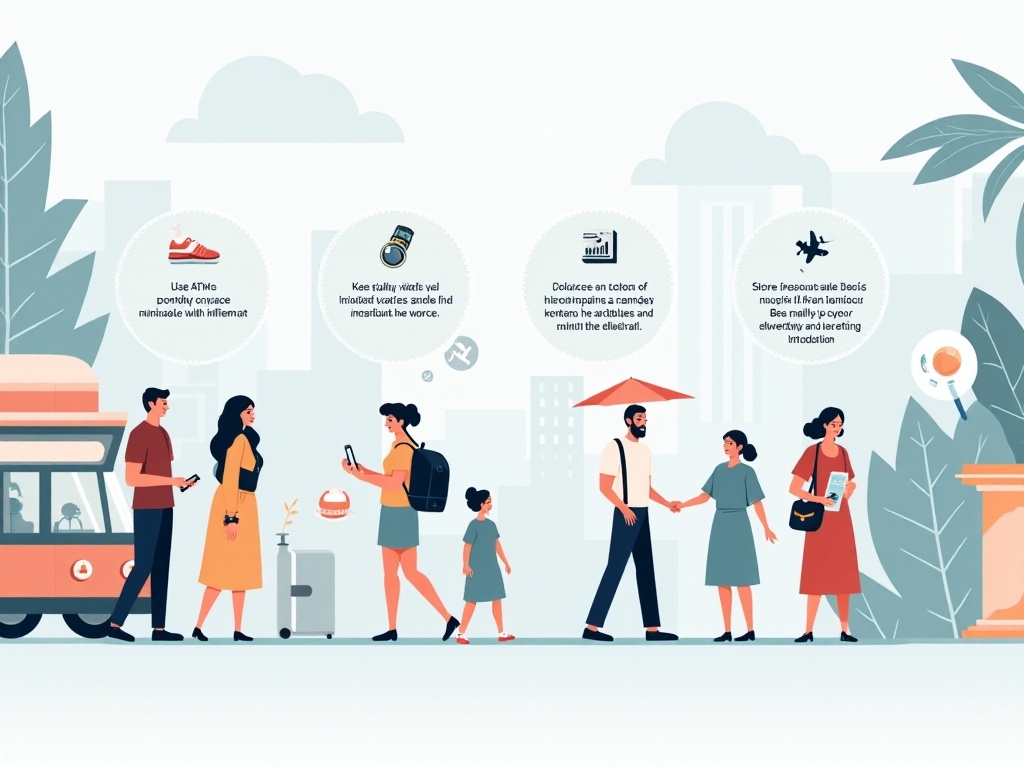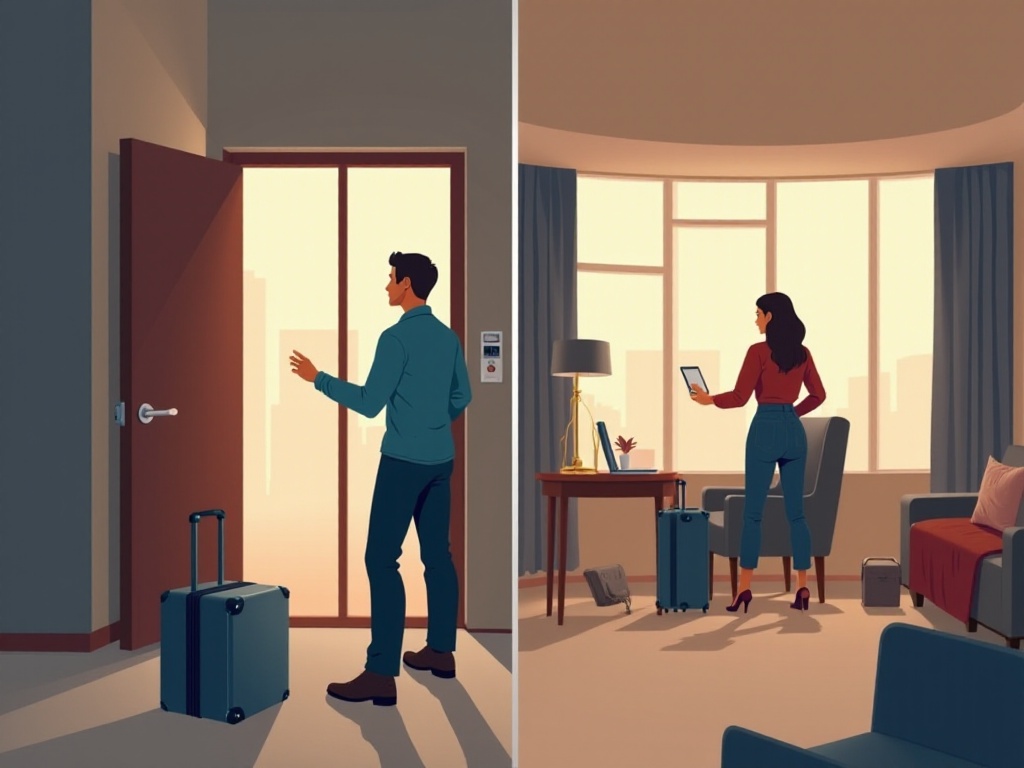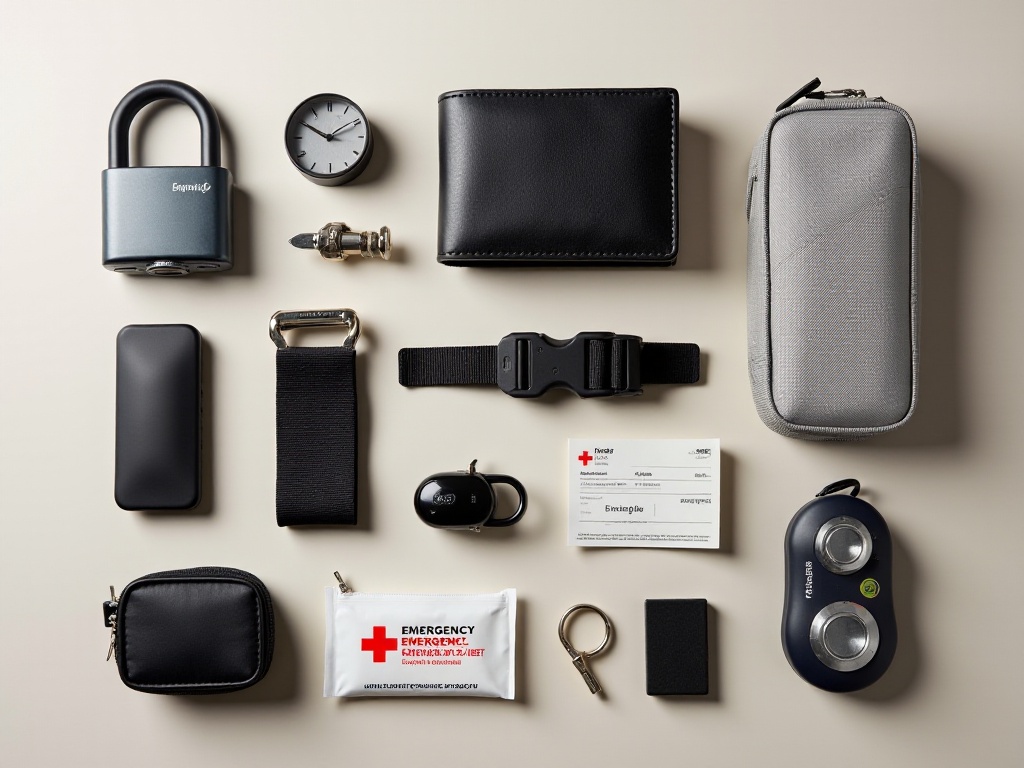
Introduction
Brothers and sisters, I just survived a super long flight and finally got my hotel key card! As you can imagine, all I want to do is take a hot shower and collapse on that incredibly comfy-looking bed. But before we let loose, let's take some time to go through all the necessary safety details. As an experienced travel blogger who's constantly on the road, I can confidently say this hour of safety checks is absolutely worth it. Today, I'll share my detailed "First Hour Hotel Safety Guide" - definitely worth saving!
Door Lock Check
True story: According to the Global Hotel Safety Association, over 35% of hotel theft cases are related to door security. So the first thing we must do is thoroughly check the door lock security. My three-piece check goes like this: first, test if the door lock turns smoothly and check if the lock core is loose; then inspect the door chain, gently shake it to see if it's solid; finally, test the security latch by closing the door to confirm it catches properly.
Speaking of which, I remember the guesthouse I stayed at in Chiang Mai last year. Right after entering, I found the door chain shaking like it had Parkinson's. I immediately reported this to the front desk. The receptionist was super reliable and immediately gave me a new room with a reassuring lock system. I slept incredibly well that night and had great energy to visit several temples the next day.
Another time in Seoul, I noticed the door lock was sticking. Although it might have just been a mechanical issue, I still requested a room change just to be safe. You know, in unfamiliar environments, feeling secure is really important. Sometimes we might seem too cautious, but it's better to be safe than sorry.
Interestingly, I've noticed that different countries have distinct hotel lock systems. For instance, many Japanese hotels use magnetic card systems, which feel very high-tech; while some traditional European hotels still maintain classic key systems, which are both vintage and stylish. Regardless of the system type, ensuring they work properly is the top priority.
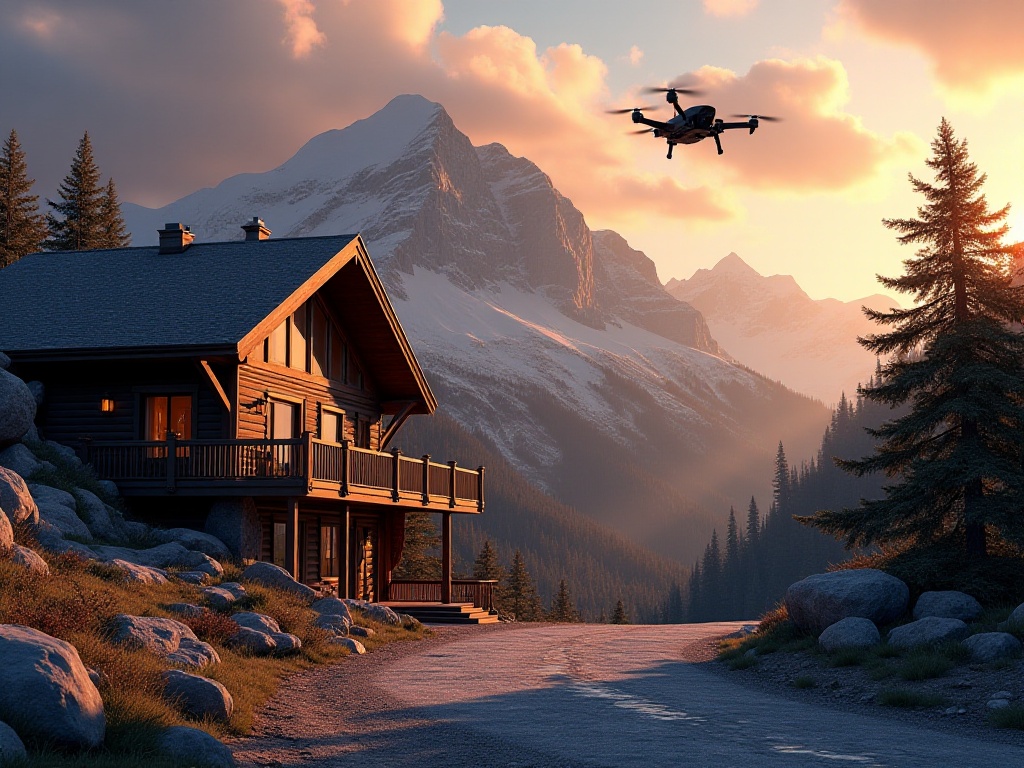
Escape Routes
Let's get serious - have you ever thought about where you'd run in case of a fire (knock on wood)? International fire safety data shows that over 60% of hotel guests can't locate emergency exits during emergencies. So I want you to stand up right now and go to the door: count how many turns it takes to reach the nearest emergency exit from your room, and check if all the emergency exit signs are lit.
Every time I stay at a hotel, I do a little experiment: I close my eyes and mentally walk through the escape route. It might sound excessive, but this kind of "muscle memory" can really save lives in emergencies. Once in Tokyo, the fire alarm went off in the middle of the night. Although it turned out to be a false alarm, I instinctively knew which direction to go without panicking.
By the way, many people might not know that there's an evacuation map behind every room door. But from my observation, 90% of guests never look at it. I suggest taking a minute to snap a photo with your phone - you never know when you might need it. I've developed a habit of looking for this map as soon as I enter a new room.
Here's another tip: if you're staying on a high floor, count the distance from your room to the elevator and stairs. I usually count carpet patterns or wall decorations, so I can find my way even in poor lighting. Last year in Shanghai, when there was a power outage, I easily found my way to the stairwell because I had counted the distance beforehand.
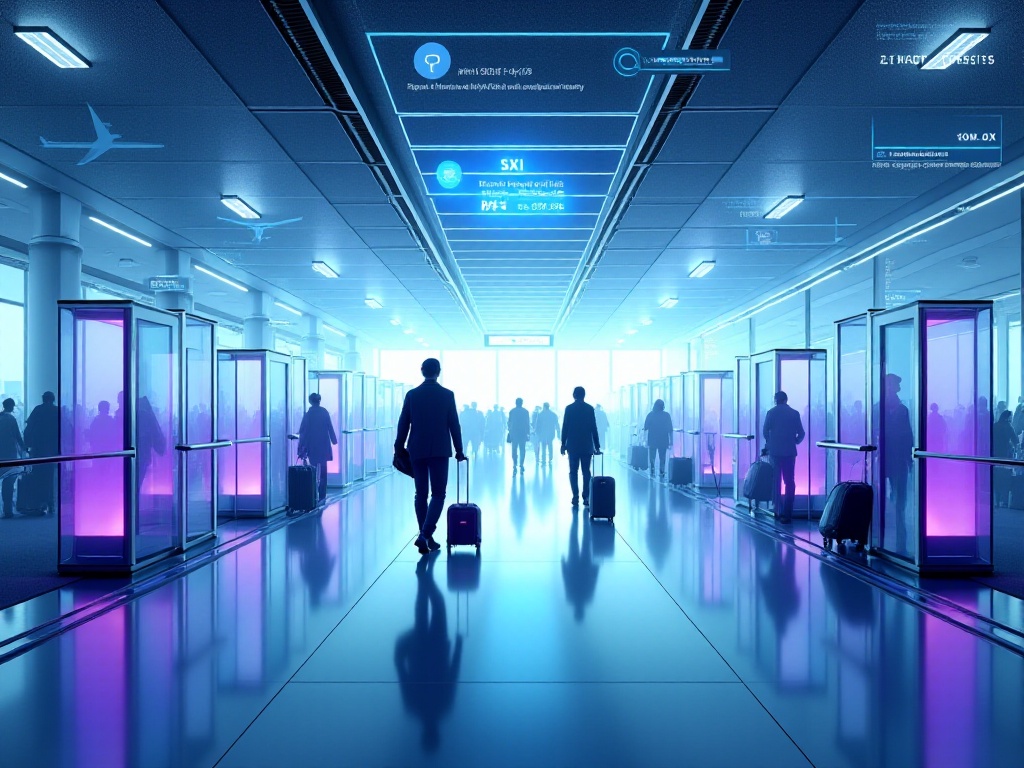
Using the Safe
Speaking of safes, this might be the topic I get asked about most frequently. The 2023 Global Travel Safety Report provided an interesting statistic: travelers who use the safe have a 78% lower chance of losing their valuables compared to those who carry them around. The message is clear: use the safe when you should!
However, there's a technique to using the safe. First, setting the password is a skill. I know many people like to use easy-to-remember numbers like birthdays or room numbers - this habit really needs to change. Hotel staff reveal that over 40% of guests use birthdays as passwords, which is basically like sending an invitation to thieves.
Let me share my password-setting tips. I usually choose a completely random six-digit number but remember it in a special way. For example, I might combine the level of my favorite game character with this year's lucky number, plus a random number. This combination is both hard to guess and easy for me to remember.
Another important detail: always confirm that the safe door is actually locked before leaving. I've seen too many people think it's locked when it's just loosely closed. I suggest pulling the door after locking to ensure it's properly secured.
Interestingly, different hotel classes have different types of safes. Many five-star hotels I've stayed in are equipped with smart safes that can be opened not just with passwords but also with room cards or fingerprints. While economy hotels might have more basic safes, they're still quite secure when used correctly.

Window Check
Those staying on high floors, pay special attention! According to the Global Hotel Management Association, there were over 2,000 hotel accidents related to window safety in 2022. So checking window safety is really important - this is no joke.
Here's my window check list: first, see if the windows open and close normally without any sticking. Then check if the window frames are loose, especially for sliding windows - make sure the tracks are smooth. Finally and most importantly, check the safety railings by giving them a shake to test their sturdiness.
Speaking of window safety, I particularly want to remind parents traveling with children. Last year in Dubai, I saw what professional child room design looks like: windows had double locks and special safety nets installed, making it feel really secure. If the hotel doesn't have dedicated children's rooms, parents should pay extra attention to window safety and request a room with better safety measures if necessary.
I encountered a very thoughtful design in Singapore: high-rise hotel windows all had limiters installed, allowing them to open only 15 centimeters, ensuring both ventilation and safety. I later learned this was a mandatory local regulation. I really think such regulations are necessary.
There's another often overlooked detail: the condition of curtain installation. Sometimes loose curtain rods can also pose safety hazards. I once encountered a curtain rod that was about to fall - fortunately, I discovered it in time and had engineering come fix it. These small details can really help avoid many potential problems when noticed early.
Bathroom Safety
Speaking of bathroom safety, many might think I'm being overly cautious. But data shows that 23% of hotel accidents occur in bathrooms. So this area really deserves a thorough check.
First is the anti-slip issue. I have a habit of gently testing the floor's slip resistance as soon as I enter the bathroom. If it feels too slippery, I immediately request an anti-slip mat from the front desk. I remember staying at a hotel in Iceland where the bathroom floor was as slippery as an ice rink. I promptly requested an anti-slip mat, and that night it snowed heavily - with all the melted snow from our shoes being tracked into the bathroom, that mat was a lifesaver.
Water heater temperature control is also crucial. I always test the water temperature first to see if the temperature adjustment is responsive. Some hotels have very unstable water heaters with fluctuating temperatures - such situations should be reported to the front desk immediately. Remember, scalding is no joke.
The sturdiness of bathtub handrails is often overlooked. I habitually tug on the handrails to confirm they're firmly anchored to the wall. Honestly, I've seen many loose handrails, which make bathing really dangerous.
Another crucial detail is the emergency call button in the bathroom. Many people might not know this device exists in bathrooms. I suggest everyone locate it first - at least you'll know where to seek help in case of emergency.
The towel rack installation should also be checked. Some hotels' towel racks aren't installed securely enough, which could cause accidents if you lean on them. I've developed a habit of shaking the towel rack before using it to ensure it's stable.
Bathroom lighting is also a safety factor. Ensure all lights work properly, especially for nighttime use - adequate lighting is really important. If you find any bulbs not working, request replacement immediately.
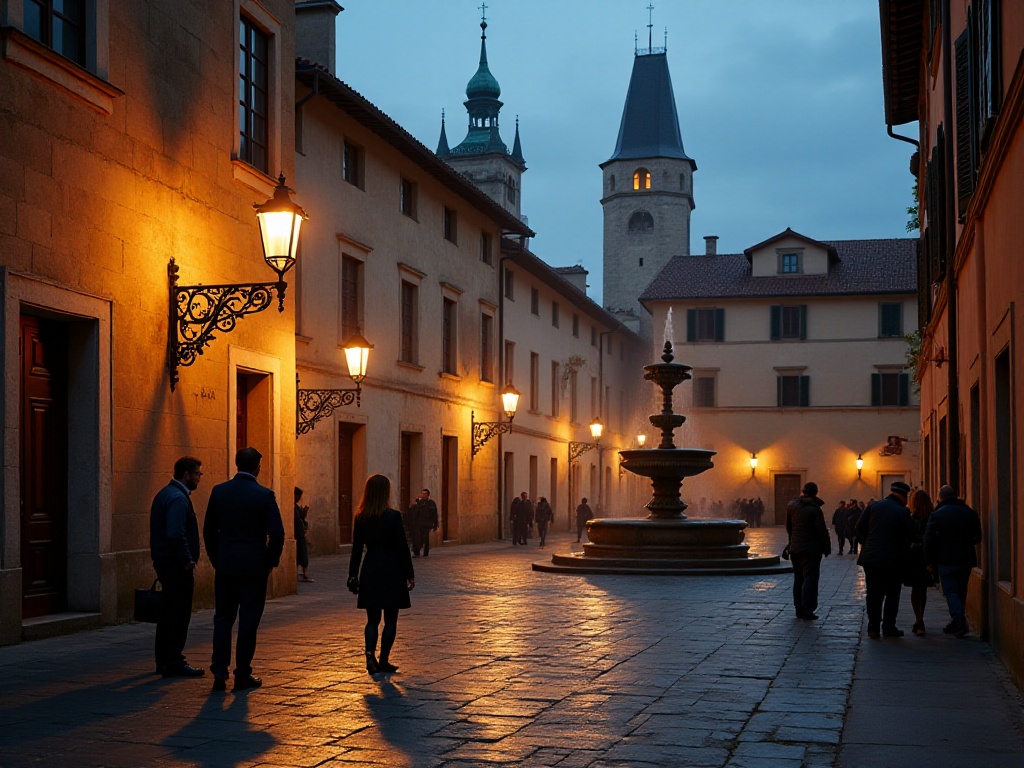
Electronic Appliance Use
These days, who doesn't travel with electronic devices? But did you know there are hundreds of hotel fire accidents each year due to improper use of electrical appliances? So there's quite a bit to know about using electronics.
First, confirm if the room's voltage matches your devices. Domestic voltage is usually 220V, but you might encounter 110V abroad. I have a dedicated voltage tester that I use in every new hotel. This little device costs just a few dozen yuan but can help avoid many problems.
Using power outlets also requires attention. Many people like to bring power strips, which is fine, but be careful not to overload them. I've seen too many people plug various charging devices into one power strip - this is really dangerous. Also, it's better to ask the front desk if power strips are allowed before using them.
Speaking of outlets, pay special attention to their locations. Some hotels have very inconveniently placed outlets, like behind bedside tables or other hard-to-reach places. Forcing plugs in these situations might damage the outlet or even cause a short circuit. In such cases, it's better to communicate with the front desk about possible adjustments.
Air conditioning use also needs attention. Many people like to sleep with the AC on, which is fine, but remember to check if the vents are clean. If vents accumulate too much dust, it not only affects cooling efficiency but might also impact air quality. I habitually check the vents and request housekeeping service if I find any issues.
Then there's the hair dryer use. Many hotel hair dryers are wall-mounted - it's best to test them first for any unusual sounds or smells. If you notice any problems, better not to risk using it.
Conclusion and Looking Forward
Reading this far, you might think I'm being too meticulous? But really, these seemingly troublesome checks take at most an hour. And this one-hour investment can make your entire stay much more relaxing. After all, who doesn't want to feel completely at ease while lying in bed watching shows?
I strongly suggest bookmarking this article - it might come in handy next time you stay at a hotel. If you find it useful, share it with friends who are planning trips. When it comes to safety, it's better to be overly cautious than careless.
Finally, I'm really curious about your unique hotel safety check habits. Feel free to share in the comments - your experience might help other fellow travelers.
Oh, and in my next post, I'll write about how to safely take taxis in unfamiliar cities. Stay tuned!
Next
First Time Traveling to Japan Alone? Don't Miss These Essential Preparations! A Comprehensive Guide
A comprehensive guide covering essential travel safety preparations, including document management, luggage security, accommodation safety, and personal property protection, helping travelers minimize risks during their journey.
Essential Safety Guide for Solo Female Travelers in 2024: From Hotel Booking to Scam Prevention
A comprehensive guide covering travel safety aspects including accommodation security, personal belongings protection, and behavioral safety. Provides practical advice on lodging preparation, valuables management, document security, and scam prevention for travelers
What's It Like to Travel Alone to the Sahara Desert in Morocco? An Adventure from Ramadan to Desert Camping
A comprehensive guide covering essential travel safety aspects, including pre-trip preparation, document management, accommodation security, property protection, and emergency response protocols for a secure travel experience
Next
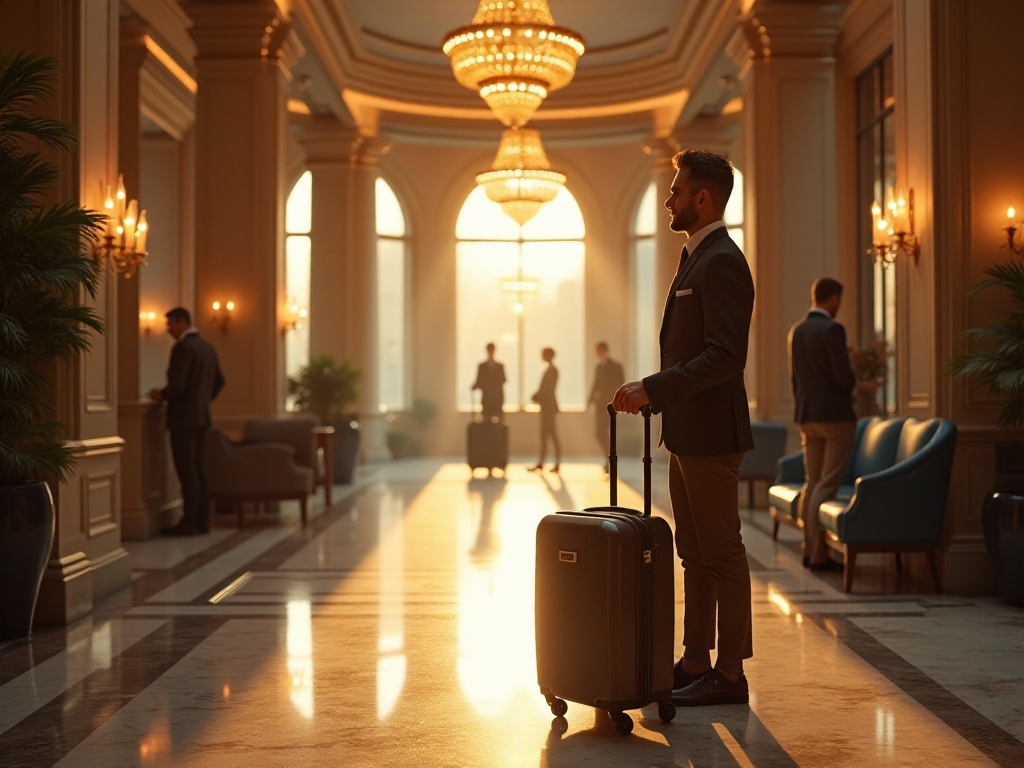
First Time Traveling to Japan Alone? Don't Miss These Essential Preparations! A Comprehensive Guide
A comprehensive guide covering essential travel safety preparations, including document management, luggage security, accommodation safety, and personal property protection, helping travelers minimize risks during their journey.
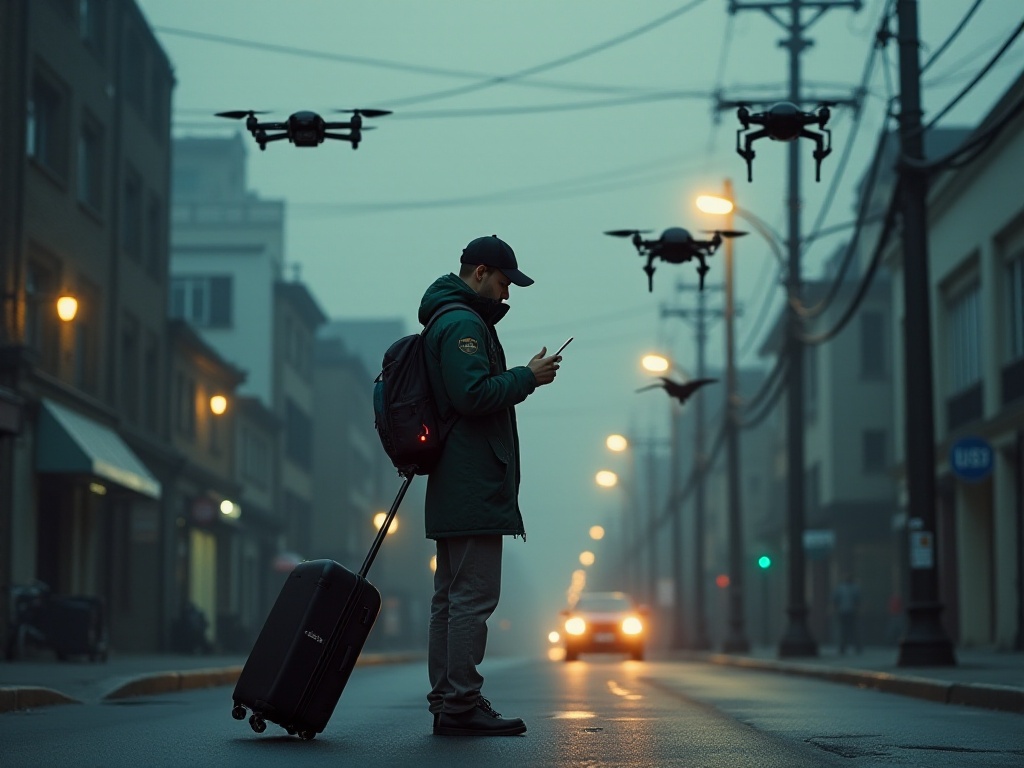
Essential Safety Guide for Solo Female Travelers in 2024: From Hotel Booking to Scam Prevention
A comprehensive guide covering travel safety aspects including accommodation security, personal belongings protection, and behavioral safety. Provides practical advice on lodging preparation, valuables management, document security, and scam prevention for travelers

What's It Like to Travel Alone to the Sahara Desert in Morocco? An Adventure from Ramadan to Desert Camping
A comprehensive guide covering essential travel safety aspects, including pre-trip preparation, document management, accommodation security, property protection, and emergency response protocols for a secure travel experience

